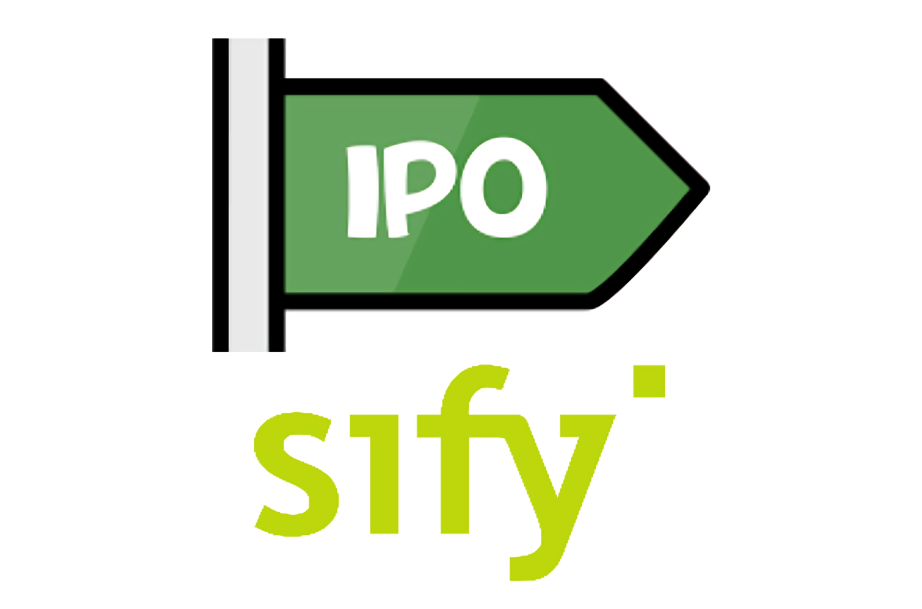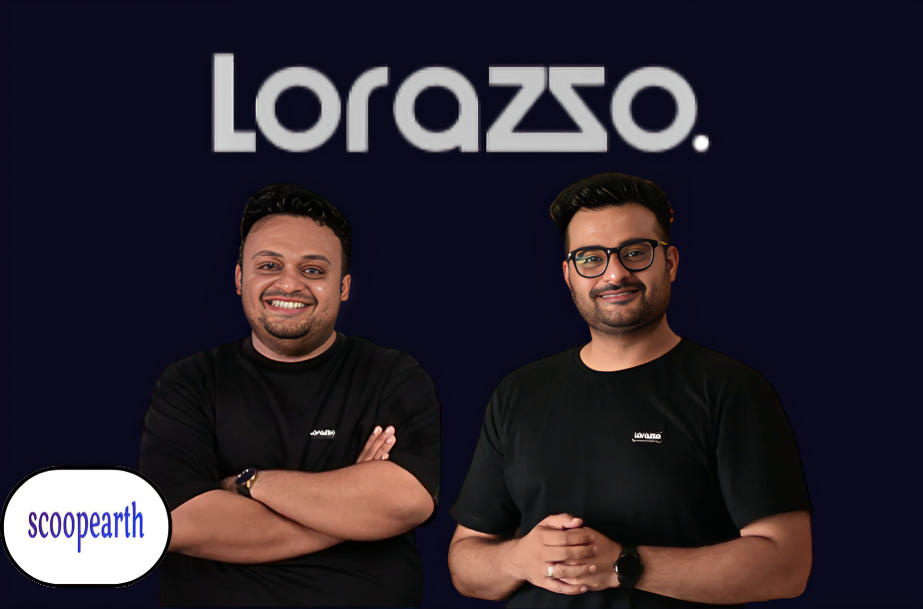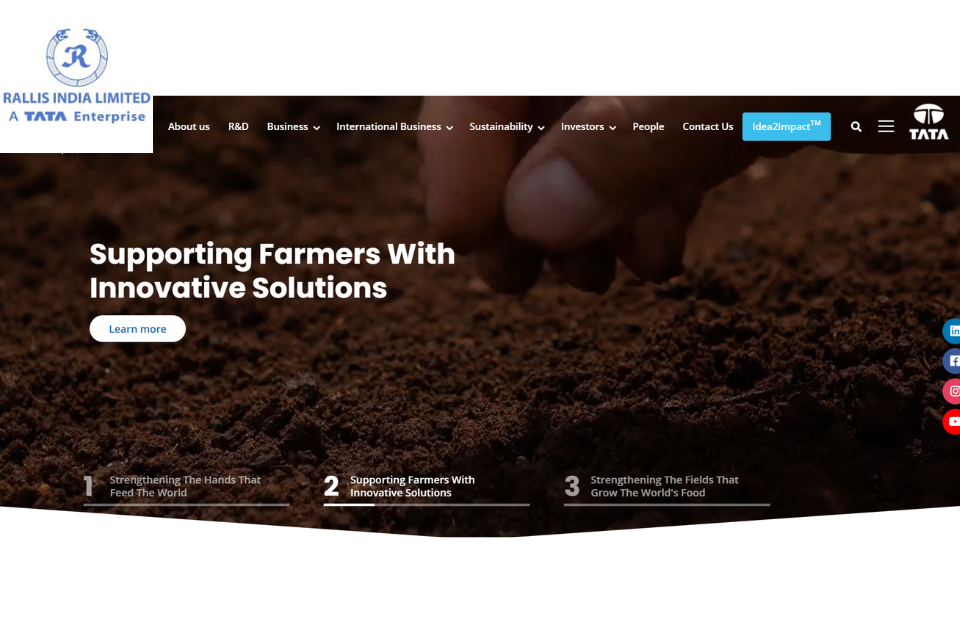AI Regulations globally and their Impact on Indian Startups

SUMMARY
Introduction:
Artificial Intelligence is transforming the world by generating new ideas that, in turn, inspire unique discoveries. This technology is used in smart farming tools that can predict crop yields or personal learning apps for students. AI is the new superpower for Indian startups & they can use it to create more jobs.
However, big countries like the EU, the US and China are setting strict guidelines about how AI should be used. The aim is to keep A.I. safe, fair, and secure for use. Although they can also make things complex for small businesses. Several Indian companies export software and artificial intelligence services globally.
Costs can rise, launches can be delayed, and entry to the market can even be blocked if foreign rules are not complied with. These can be obstacles, but they can also make operating in a certain way a driver of trust and competitive advantage. This article explains the key policies and their effects on Indian startups.
The EU’s approach to AI
The European Union views artificial intelligence as a tool that must be human-centric, secure, and fair. The EU AI Act, proposed in August 2024, is a law to govern Artificial Intelligence. It categorizes AI systems by level of risk. Low-risk AIs include spam filters or recommendation engines on shopping websites.
Such systems would be subjected to minimal inspection. But other high-risk ones, like the A.I. for diagnosing illnesses, are subjected to strict testing to make sure they are safe to use. Certain applications of A.I. are banned completely, including systems that score people or apply real-time facial recognition on the street. There are exceptions for facial recognition when it comes to things like tracking down a suspect.
For ” general purpose AI models” that power chatbots or image generators, like ChatGPT, companies need to be transparent and disclose training data, flag AI-made content, and watch for systemic risks like spreading misinformation. The EU’s goal is to create a single set of rules across its member countries, making it easier for compliant businesses to sell services throughout the EU.
And in October 2025, the EU set up an AI Act Service Desk, a one-stop help center to make compliance easier for SMEs. They offer sandbox, safe testing zones for startups to experiment without full penalties. Fines for breaking rules can reach millions of euros, so even non-EU firms targeting European customers must comply. This makes global companies often adopt EU standards to avoid hassle.
AI policies in the United States
The US has a more scattered approach to AI rules, as compared to the EU. In the United States, as of now, there is no national law governing artificial intelligence; instead, federal agencies have issued guidelines to be followed, and individual states have established their own rules. That lets innovation bloom within the nation, but it makes things complex for companies that do business across the border.
California had two big rules surrounding AI. One was for AI safety in areas like elections (implemented from August 2026), and the other was requiring impact assessments for high-risk users. Companies were also required to report serious safety events to the state government within 15 days.
States take on mandatory disclosure of AI in elections and deepfakes, with some focusing on job displacement or biased algorithms in policing. This means a startup might need to follow different rules for different states. The U.S. approach makes it easier to innovate quickly or to find investment and customers within the country.
China’s strict AI controls and content rules
China’s AI policies prioritize national security, social stability, and government oversight; everything must align with national goals. They shifted from guidelines to strict laws, focused on control and ideology. Regulations require pre-approval for algorithms that recommend content or make decisions, ensuring they promote “core socialist values” and avoid sensitive topics.
Content rules are especially tough; AI-generated media must be clearly labeled as AI to prevent deepfakes or propaganda. Before launching AI tools, companies need to get pass from regulators to ensure it’s safe and does not spread harmful information. Another rule is that all the data used by AI systems must stay within China’s borders.
The Chinese government pushes AI for national use in areas like surveillance and manufacturing. Foreign firms looking to enter the Chinese market need to have local partners and must filter out “harmful” information. These controls extend globally through initiatives that export Chinese tech standards.
China’s action plan calls for international AI rules that emphasize sovereignty over data. For outsiders, entering China’s massive market means building censorship tools and gaining licenses, which might take time and limit creativity.
How do these global policies affect Indian startups?
Indian startups, fueled by a skilled workforce and low costs, aim to go global. The Indian AI market size is expected to cross 13.05 billion USD by the end of 2025, but the global rules add layers of complexity. The EU’s AI Act demands audits for high-risk tools and privacy protections, increasing expenses for compliance certifications or tests that small businesses can’t easily afford.
A Delhi-based AI chatbot might need to redesign its model to meet risk classifications and sell in Europe, delaying launches. In the US, navigating different state laws means constant updates, fragmenting efforts, and increasing legal fees. China’s barriers are the most complex they involve mandatory approvals and data localization, forcing Indian startups eyeing e-commerce there to create separate versions and wait for approvals, slowing expansion.
Conclusion:
Global AI regulations from the EU’s structured safeguards, the US’s flexible mix, and China’s control-focused model are reshaping innovation. For Indian startups, they bring delays but also act as paths to trust and credibility. By adapting proactively, India can turn regulatory waves into tides of opportunity, powering inclusive growth worldwide.
While lengthy and slow processes create delays, compiling with them helps products or services to gain credibility and boost sales. Investors favor “regulation-ready” firms, and standards like the EU’s can help India to adapt early. The article mentioned the global AI policies and their impact on small businesses and Indian startups.
FAQs:
What does AI regulation mean?
AI regulation means rules or laws made to control how artificial intelligence is developed and used responsibly.
Why are countries making AI rules?
Countries are making AI laws to ensure safety, fairness, and privacy, and to prevent misuse of AI systems.
What is the EU’s approach to AI regulation?
The European Union’s AI Act is one of the strictest. It focuses on data privacy, safety, and banning harmful AI uses.
How does the US regulate AI?
The US takes a flexible approach, focusing on innovation and voluntary AI guidelines instead of strict national laws.
What about China’s AI policy?
China’s rules aim to control AI-generated content and make companies responsible for what their AI tools produce.
How do these global policies affect Indian startups?
Indian startups that work with global clients must follow these foreign rules to keep their business and reputation safe.
Do Indian startups face challenges due to these regulations?
Yes, strict global AI laws can increase compliance costs and make it harder for small startups to compete.
Is India planning its own AI regulation?
Yes, India is working on policies that balance innovation with responsible AI use, inspired by global examples.
How can startups prepare for global AI rules?
Startups can focus on data security, transparency, and ethical AI practices from the beginning.
Why is understanding global AI laws important for Indian startups?
Knowing these laws helps startups avoid penalties, build trust, and expand safely into international markets.
Note: We at scoopearth take our ethics very seriously. More information about it can be found here.
















